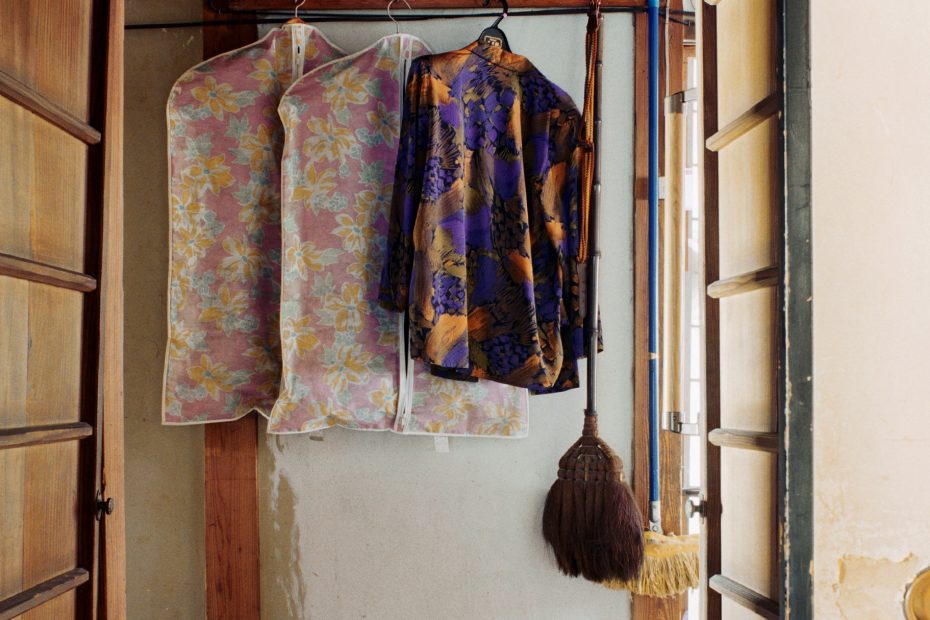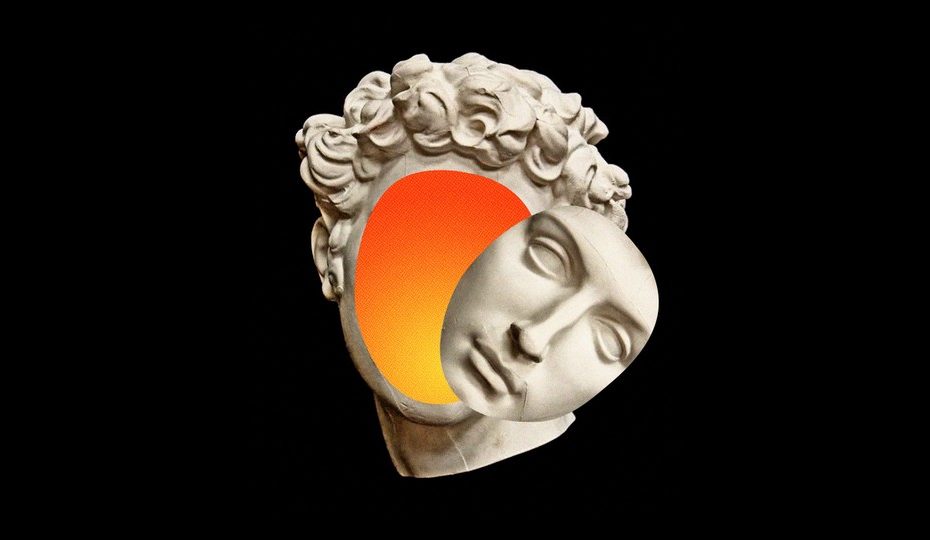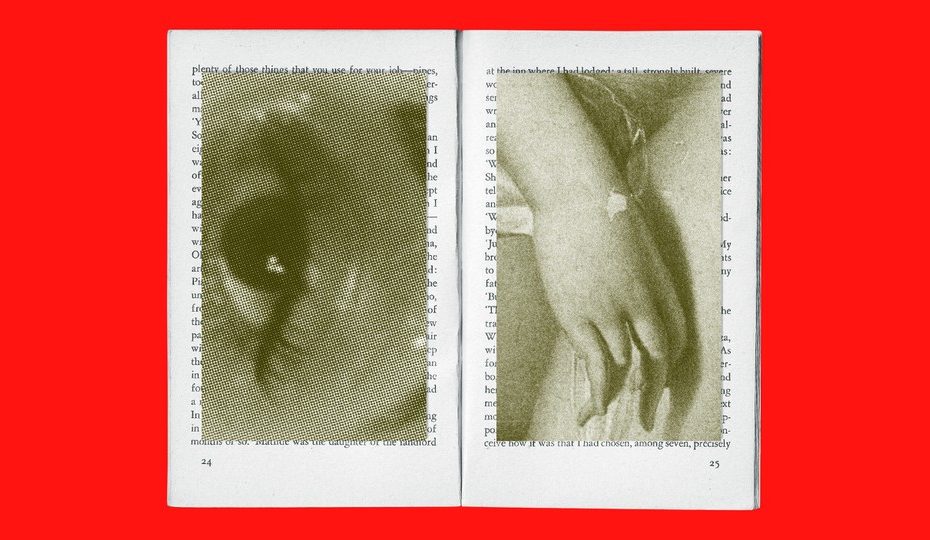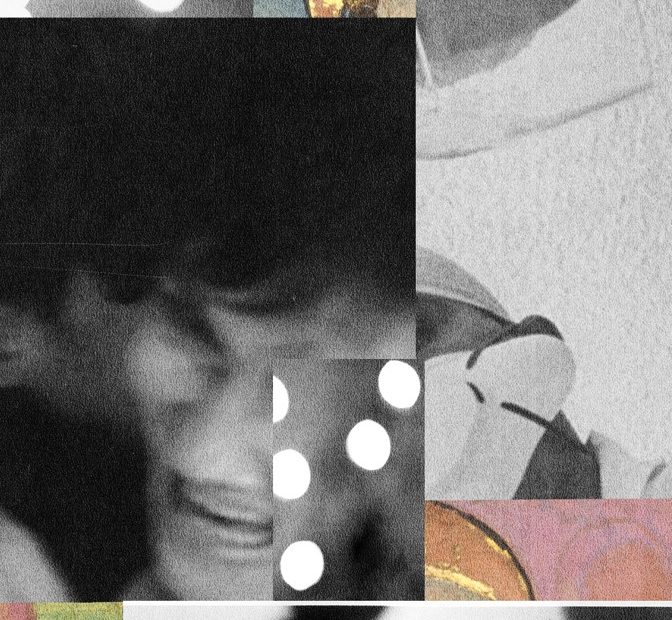When Domestic Life Is Like a Horror Story
Anglophone readers of Mieko Kanai’s whirling, urgent novel Mild Vertigo will face only one disappointment: There’s not yet much more where it came from. Kanai was born in Japan in 1947 and has written roughly 30 novels and story collections over the course of a career that has also included poetry, criticism, and essay writing, but so far only a fraction of her body of work has appeared in English.Mild Vertigo, translated by Polly Barton, should generate high demand for more.






